
- Services .
- Industries .
- Company .
Explore detailed insights, expert opinions, and updates in our blog. Stay informed, discover new perspectives, and enhance your knowledge with every read.

SaaS (Software as a Service) is one of the most dominant business models in today’s digital economy. From project management tools to accounting software, SaaS applications power millions of businesses across the globe.
But how do you actually build a SaaS product from scratch? What technologies, architecture, and strategies do you need?
This guide walks you through everything you need to know about SaaS application development—from planning and architecture to deployment and scaling.
Whether you're a startup founder, a CTO, or an enterprise tech lead, this guide will give you clarity, structure, and practical steps to build your own cloud-based product.
A SaaS application is a cloud-based software product that users can access via a web browser or mobile app, typically through a subscription model. Instead of downloading software, users access it online.
Popular SaaS examples:
· Google Workspace (Docs, Gmail)
· Slack
· Zoom
· Salesforce
· Shopify
Your SaaS app can be B2B, B2C, or even vertical-specific (e.g., SaaS for education, health, finance).
Before writing a single line of code, you must validate:
· What problem does your app solve?
· Who are your users?
· Are there competitors? What’s your advantage?
Build a clear product roadmap with defined:
· MVP features
· User personas
· Monetization strategy
· Short- and long-term goals
· Frontend: React, Vue, Angular
· Backend: Node.js, Django, Ruby on Rails
· Database: PostgreSQL, MongoDB, MySQL
· Cloud Hosting: AWS, Azure, Google Cloud
· DevOps: Docker, Kubernetes, GitHub Actions
· Cross-Platform: Flutter, React Native
· Native: Kotlin (Android), Swift (iOS)
Pro Tip: Go modular. Build scalable microservices instead of monoliths for better flexibility and performance.
SaaS users expect:
· Fast onboarding
· Clean dashboards
· Responsive mobile views
· Clear navigation
Use tools like Figma or Adobe XD to wireframe your app, and validate your designs with real users early on.
Begin with an MVP (Minimum Viable Product) that includes:
· User registration/login (with OAuth options)
· Admin dashboard
· Core service or utility
· Payment system (Stripe, PayPal, Razorpay)
· Notifications and activity logs
Use Agile methodology with sprints to iteratively develop and test features.
Security is critical for SaaS success:
· Enforce HTTPS, secure APIs, and authentication
· Use RBAC (role-based access control)
· Encrypt sensitive data (AES, JWT)
· Back up data regularly
· Comply with data privacy laws (GDPR, CCPA, HIPAA)
If targeting businesses, include audit logs, user permissions, and multi-tenancy support.
Deploy your app using:
· CI/CD pipelines (GitHub Actions, Jenkins)
· Docker containers and orchestration (Kubernetes)
· Scalable infrastructure (AWS EC2, Lambda, S3)
Monitor performance using tools like:
· Datadog, New Relic, or Prometheus
· Real-time logging (ELK Stack, LogRocket)
· Crash reporting (Sentry)
After launching your SaaS app:
· Gather user feedback
· Prioritize feature requests
· Offer live chat or help center support
· Track KPIs: churn rate, CAC, LTV, MRR
Marketing is crucial. Use:
· SEO and content marketing
· Product Hunt, Reddit, LinkedIn
· Free trial or freemium models
· Multi-Tenancy: Serve multiple customers from a single codebase while keeping data separate.
· API-First Design: Make your app extensible for future integrations.
· Auto-Scaling: Use auto-scaling groups in AWS or GCP to handle traffic surges.
· Monitoring & Alerts: Don’t wait for users to report issues—be proactive.
· Predictable Revenue with subscription models
· Scalability through cloud architecture
· Global Reach with 24/7 availability
· Continuous Updates and feature releases
· Low User Entry Cost, increasing adoption
· Stripe – Subscription billing
· Auth0 – Authentication and authorization
· SendGrid – Email services
· Firebase – Real-time database and analytics
· Zapier – Workflow automation
At GreatWorks Technologies, we specialize in building secure, scalable, and user-friendly SaaS applications—tailored for web and mobile platforms.
Whether you're launching your MVP or scaling an enterprise SaaS product, we offer:
· Expert UI/UX design
· Agile development team
· SaaS-ready infrastructure
· Full-cycle support from idea to launch
👉 Let’s build your next SaaS success. Contact GreatWorks Technologies today!
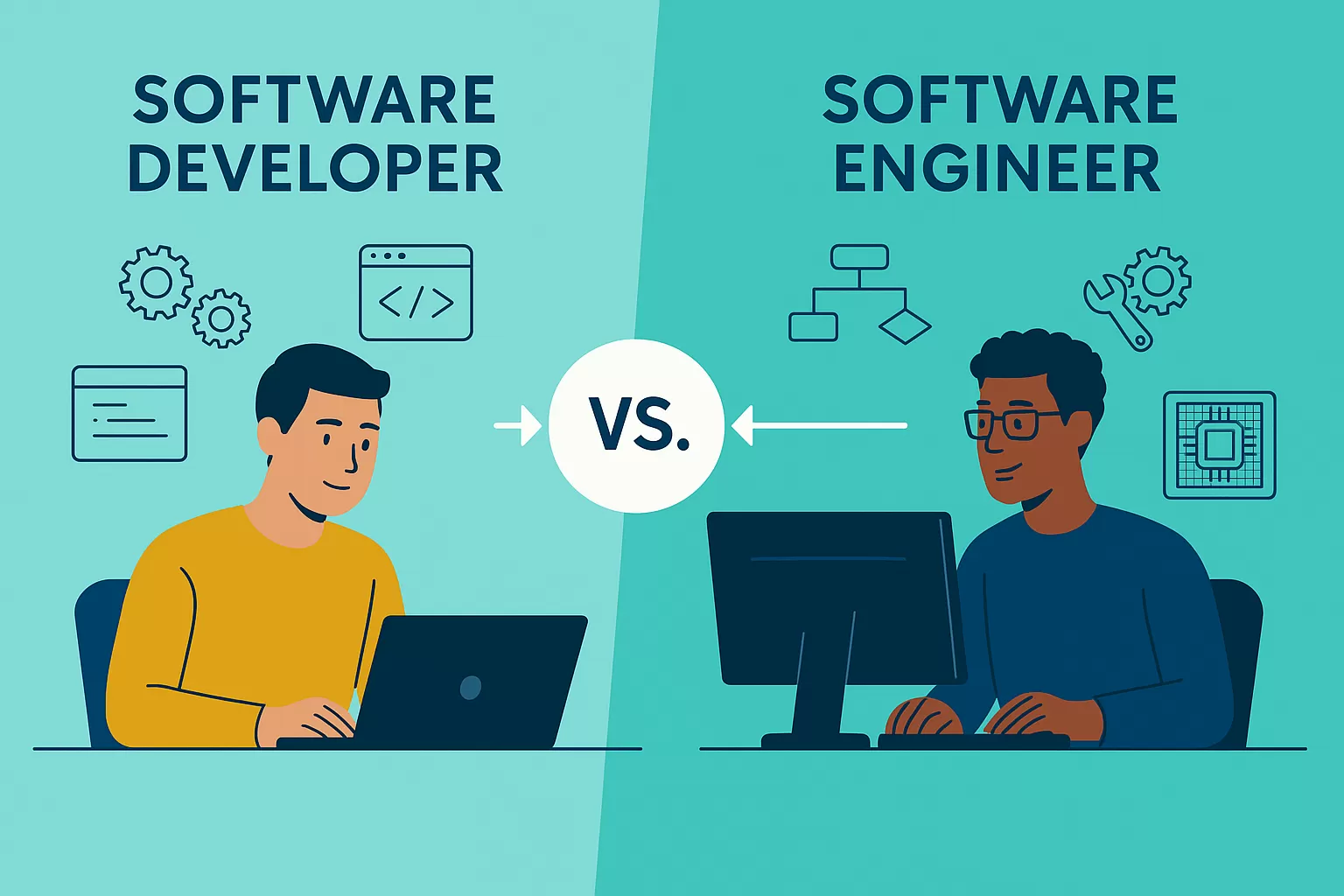
Software Developer vs. Software Engineer: What’s the Difference?
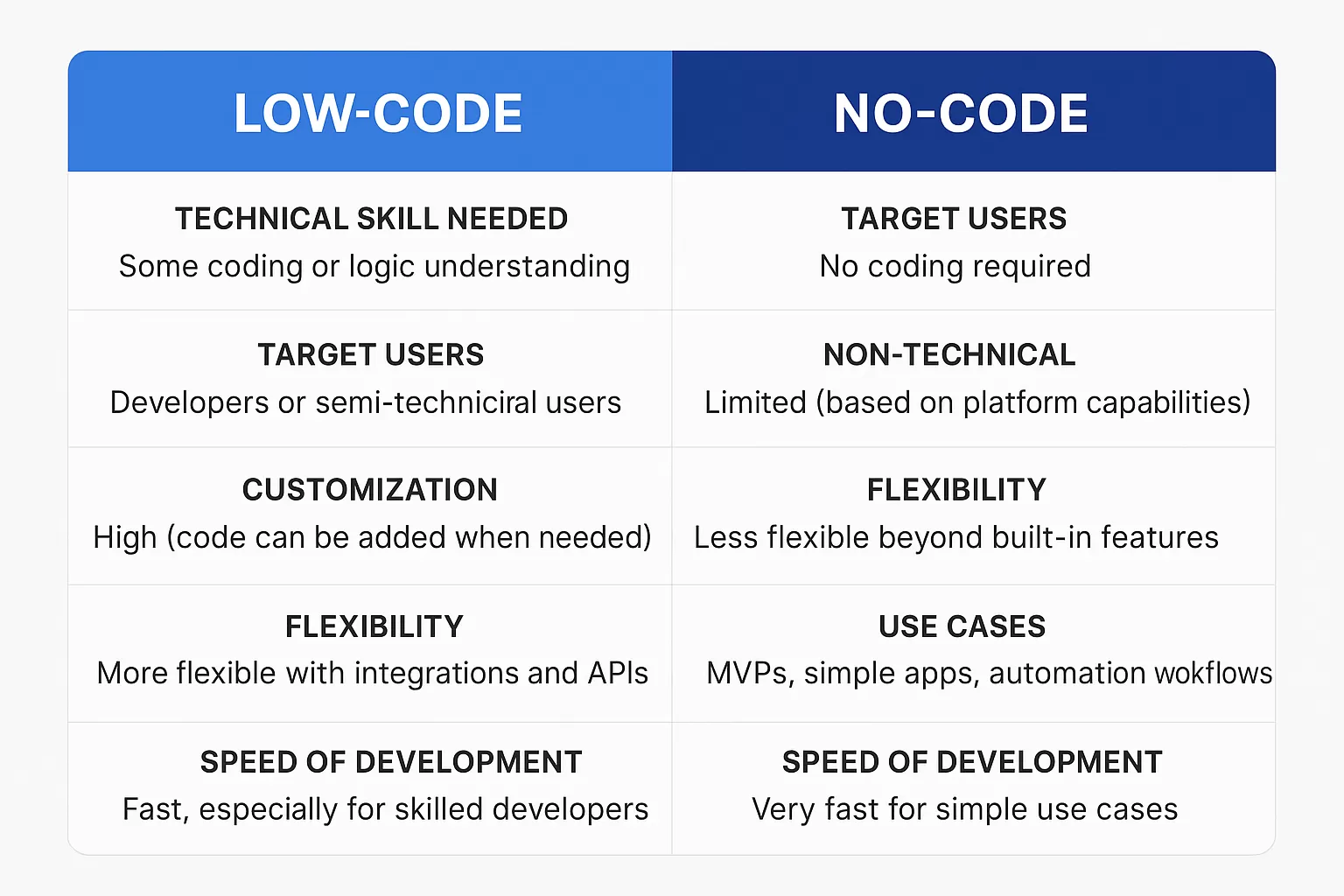
Low-code vs. no-code app development

What Is Digital Transformation? A Modern Business Guide
Top Challenges in Enterprise Application Development & Their Solutions

How Programming Outsourcing Works in 2025
The Psychologist Improving Education with AI Tools
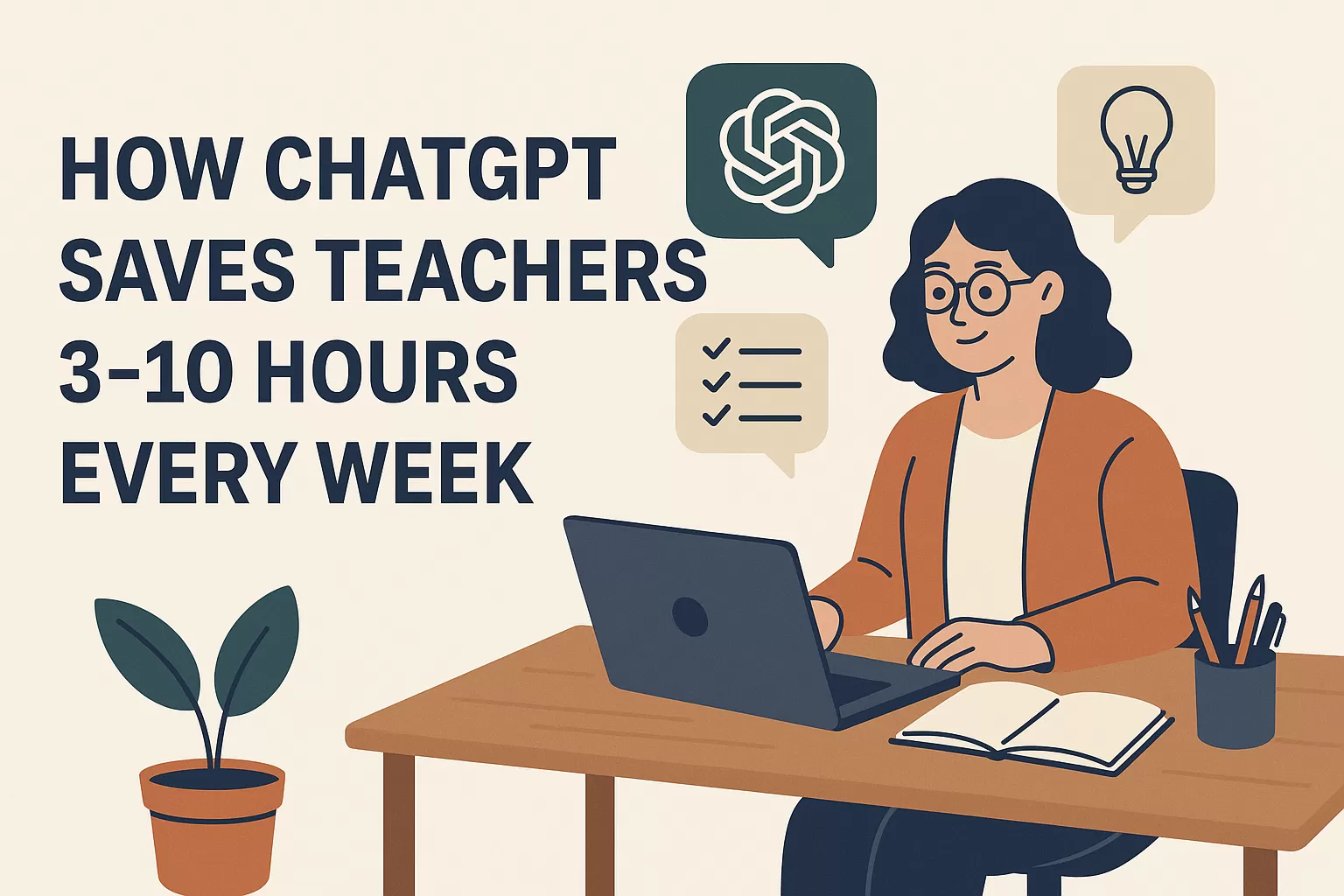
How ChatGPT Saves Teachers 3–10 Hours Every Week

Empowering Financial Services with Advanced Technology

Space Debris Crisis: The Silent Threat Above Earth
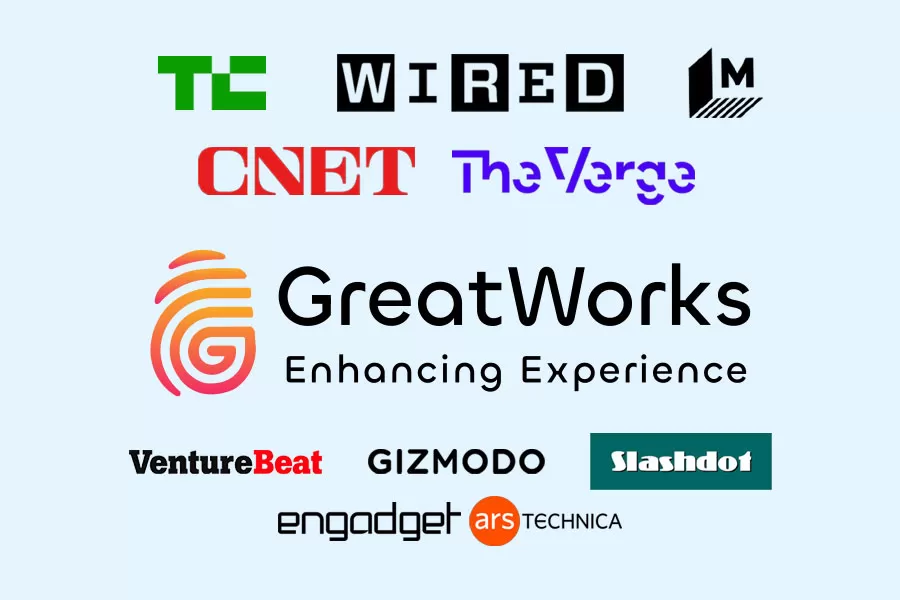
Top Tech Blogs for 2025: Founders, Facts & Insights